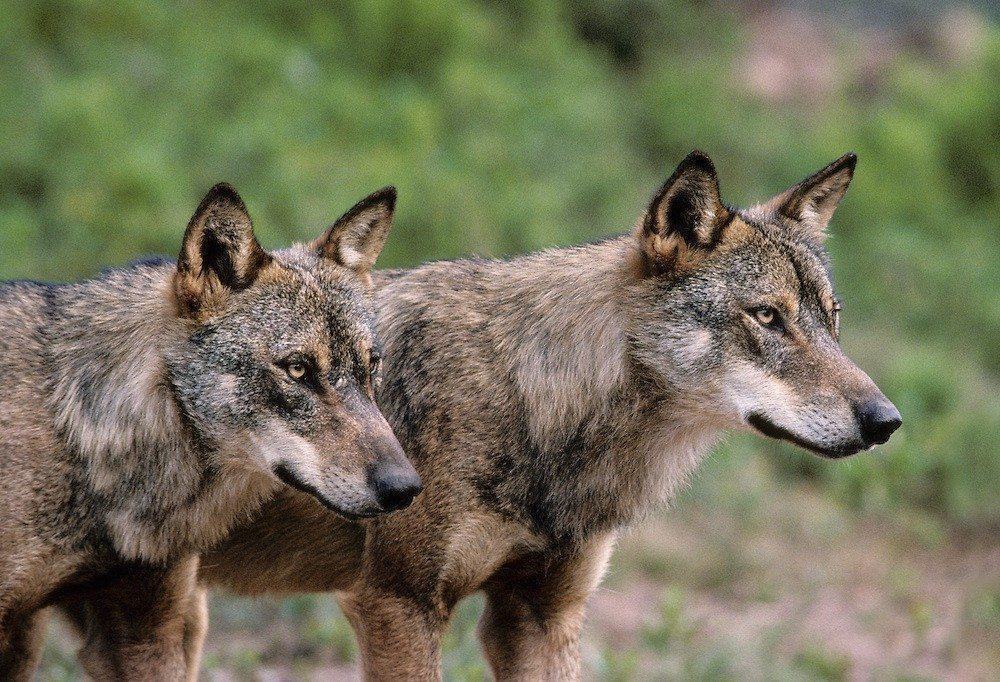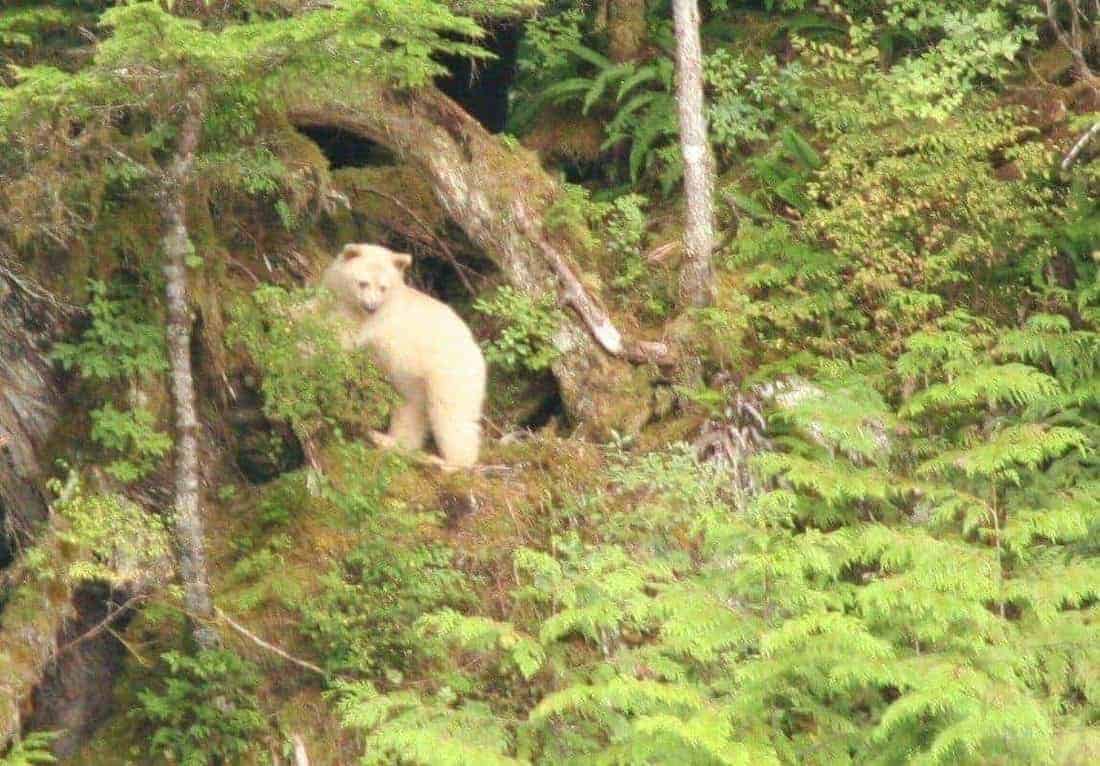Wilderness Conservation in Rural Europe
Wilderness conservation in rural Europe affects rural areas.
Sarah Guhr, from University of Edinburgh in her interesting dissertation work focused on Wilderness conservation in rural Europe and how to discourages on land-use change and the neolineralizhtion of nature affect rural communities!
Conservation initiatives focusing on Wilderness protection and rewilding claim that Wilderness management can help to alleviate poverty and thus secure the livelihoods of rural communities. Nature-based tourism lies at the basis of these discourses, providing an alternative to traditional land-use practices. This dissertation attempts to shed lights on the advantages and disadvantages related to Wilderness conservation in the context of rural development and community empowerment, focusing on two project sites in the Southern Carpathians of Romania.
The research found that the ongoing rewilding and Wilderness conservation efforts have a range of costs and benefits, affecting the different stakeholders to varying degrees in the two project sites. As alternative discourses on rural development and nature conservation are disempowered over dominant discourses on Wilderness management.
On the case study level, the research has found that rewilding and Wilderness conservation efforts in rural Romania have a range of costs and benefits, affecting the different stakeholders to varying degrees. On the local level, communities, farmers, sheepherders and hunters as well as fishermen and villagers collecting for subsistence are affected. Furthermore, forestry agencies as well as commercial business operators such as logging companies, electricity companies (wind and hydroelectric) and tourism operators also have vested interest in the management of the natural resources in the project sites.
The key players influencing the processes of accumulation by dispossession in the two project sites are the state and the administering conservation bodies by designating protected areas and thus appropriating the rights to determine resource-use restrictions. This is further exacerbated by the subsequent introduction of Wilderness management principles in these protected areas, reinforcing resource-use restrictions and thus the costs associated with nature conservation in the two project sites. Resource-use restrictions affect the stakeholders’ abilities to harvest wood, graze their animals as well as to develop tourism opportunities that exceed the low- impact tourism vision of the conservation bodies. However, the protected area designation and marketing as Wilderness areas help to distinguish the project sites from their surroundings and thus attract nature-based tourism…. More can be read here.







Growing interest for wilderness conservation in rural Europe impacts land but also rural communities…
It is wonderful to hear of projects that return what should be natural areas back to nature. The benefits will come in time when tourism catches on and visitors are brought to witness the natural world of long ago. The further benefit is the return of original wild creatures to their natural habitat. Strength to the project. Norman Doak Johannesburg South Africa